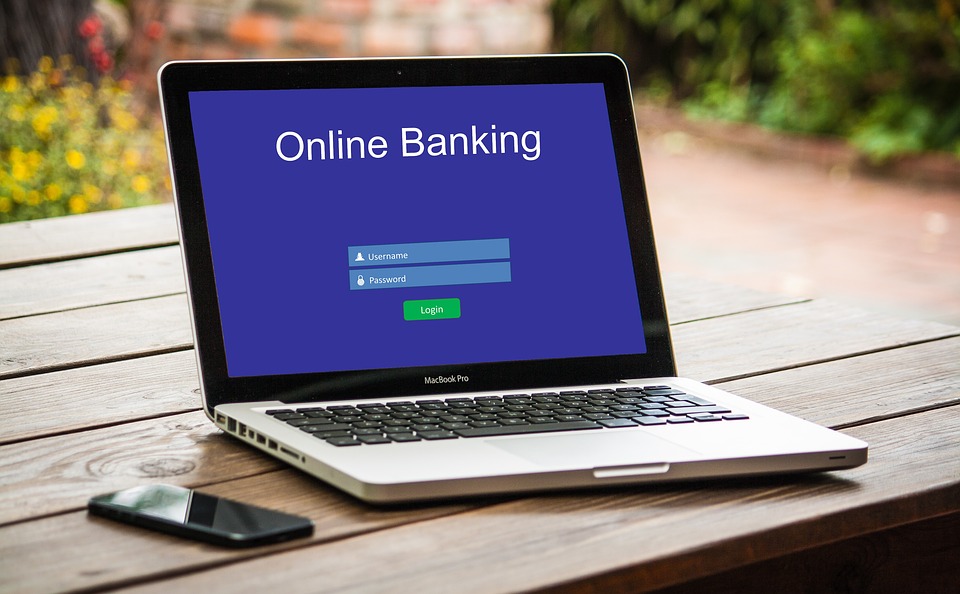Online banking makes accessing bank accounts and managing finances fast, easy, and convenient. However, it gives you a new thing to worry about – your security. Having your bank account hacked or personal and financial information compromised can be very damaging.
Your money can get drained in a second through fraudulent wire transfers or have identity thieves use your details to open credit cards, and these scenarios are more common than you think. In fact, in 2018 alone, over 2.5 billion accounts got hacked.

Many people now rely on online banking, especially as the pandemic has made staying at home a requirement and cashless banking a vital service. From small business owners to teachers providing tutoring services or violin lessons, many have found the convenience of this service. But how could you protect your account from hackers and other cybercriminals?
Contents
Take Advantage of One-Time Passwords
One-time passwords or OTPs are randomly generated codes that get typically sent to your registered mobile number or email address for validations for each transaction made from your bank account. An OTP prevents fraud by confirming the individual making the transaction, and the owner of the account is the same. It gives an upgraded security level on online bank transactions, preventing access breaches even when hackers get their hands on valid login credentials.
Change Your Passwords Regularly
Although it can be a hassle to change your bank accounts’ passwords from time to time, it can go a long way. Having complicated and new passwords every three months or so can help protect your bank account from cybercriminals. If you worry about forgetting these frequently-changed passwords, you can always use a password manager to store your passwords securely, saving you from the hassle of resetting your passwords.
Use Two-Factor Authentication
Most banks provide their users with the option to use two-factor authentication or 2FA for their online bank accounts. Although many argue about the effectiveness of 2FA, it still gives you additional protection for your bank accounts. When signing up for this extra security measure, you’ll usually get a text message with a unique OTP every time you log into your account.
Although it may seem inconvenient to have that extra step in the process, it’s well worth it. That’s because if hackers try to log into your account, you’ll quickly know as you’ll get a text with the OTP code, allowing you to intercept the unlawful individual straight away.
Enable Text Alerts
If your bank provides you with the option to get text alerts about your bank account, grab it fast. That’s because every time money gets drawn from your account, the bank will alert you through texts. These notifications help you quickly address any suspicious activity in your bank account, allowing you to instantly contact your bank and stop hackers.
Use Mobile Banking App
It’s best if you take your online banking transactions to your bank’s mobile application instead of your desktop. That’s because computers get hit with the most cyber attacks as they’re easier to hack as they use minimal to no security in their internet protocols. Meanwhile, mobile devices and cellular networks are more complex, giving hackers a more challenging time to compromise your banking details.
Although online banking is convenient, it can also be risky, often leading owners to face hacking and fraudulent charges. Fortunately, the tips mentioned can help you protect your bank accounts online – ensuring a secure online banking experience whenever or wherever.

I am Arjun Kumar. I am the owner and administrator of Finance Gradeup. I have completed my education in Arts & Technology. Arjun Kumar usually has interests in playing games, reading and writing. He was a brilliant student during his college days. He also works for many private companies, but the main interest of Arjun Kumar is digital marketing. He thinks that reading is a must before providing any quality information to his readers. You can find Arjun Kumar on much social media handles online, or you can learn more about him in about us page.



